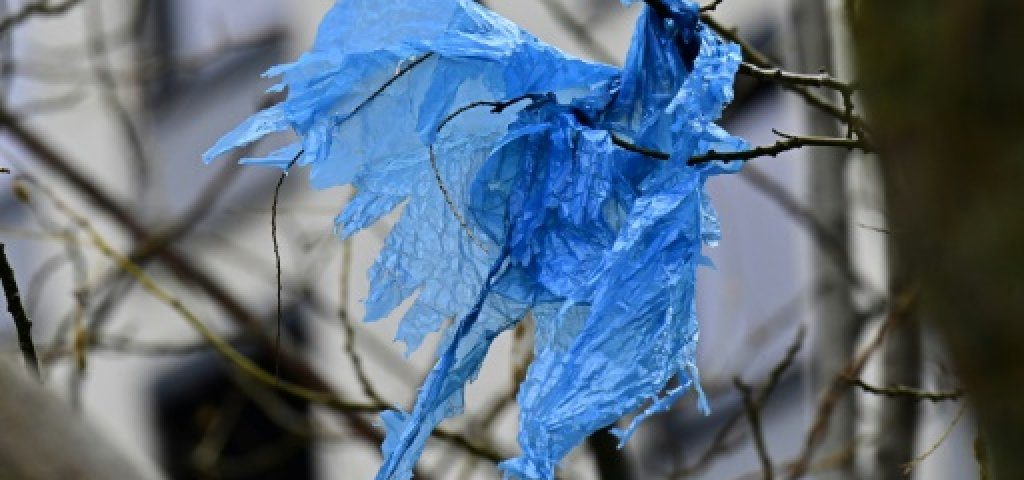
Liverpool vs Tottenham LIVE: Team news confirmed, Harry Kane and Mohamed Salah start
March 31, 2019
Arsenal 1-0 Newcastle LIVE: Aaron Ramsey GOAL, Gunners leapfrog Man Utd and Tottenham
April 1, 2019The European Union coordinates and directs environmental protection for its members, through the regulation of industry and the setting of green policy goals.
May’s European parliamentary election will allow citizens to choose the members who wrangle with lobbyists, diplomats and Brussels technocrats to shape these key laws.
– Single-use plastic –
Having helped to drive disposable bags from supermarkets, the EU has taken on the drinking straws, earbuds and plastic cutlery cluttering the world’s oceans.
Just last week MEPs in Strasbourg gave the go-ahead for bans from 2021 on a dozen forms of single-use plastic products, said to represent 70 percent of sea waste.
Member states will have to recycle up to 90 percent of plastic bottles by 2029 and the EU is strengthening the ‘polluter pays’ principle to support the cost of waste collection.
In July 2018, new rules came into force for recycling. By 2030, 70 percent of packaging and 60 percent of municipal waste will be recycled, with landfill limited to 10 percent.
– Cleaner air –
As a signatory to the Paris Agreement on behalf of the 28 member states, the EU has committed to reducing its greenhouse gas emissions by 40 percent by 2030.
The effort to achieve this overall objective has been shared between members on the basis of their GDP, with each told to increase the share of renewables in its energy mix.
The EU must also reduce its energy consumption by about a third by 2030 — compared to 1990 levels.
To achieve this, it has reformed construction laws and sought to improve the efficiency of household appliances.
The EU also sets emission standards for a number of gases, reducing for example sulphur oxide — the cause of acid rain — by 70 percent in under 20 years.
– Cleaner cars –
The Dieselgate scandal — where German car giant Volkswagen admitted to fitting 11 million vehicles worldwide with a device aimed at cheating pollution tests — showed the EU that its legislation on engine emissions, in this case nitrogen oxide from diesel engines, could be circumvented.
It has reviewed its emission measurement tests to reflect real driving conditions, not only for nitrogen oxide but also for CO2.
Europe has imposed limits on car manufacturers for new light vehicles since 2009 and new restrictions have just been decided for heavy goods vehicles.
The objective is to move away from combustion engines towards cleaner technologies, despite tough opposition from the automobile industry and members like Germany.
– Bee protection –
One of the recent major successes for green activists has been Europe’s banning of three neonicotinoids in pesticides considered dangerous for bees.
In general, the EU is responsible for regulating the use of chemicals on its territory in order to protect both the environment and human health.
But the controversy around the renewal of the licence of glyphosate, a controversial but widely used herbicide, has shown the limits of the bloc’s procedures.
The EU has promised to make the European Food Safety Agency more transparent and is pushing member states to do the same for their national procedures.
– Save the trees –
The European Union went to the European Court of Justice to condemn member state Poland, in April 2018, for felling trees in the ancient Bialowieza forest.
Warsaw had argued that the logging would control wood-eating insects, but the EU defines the forest as a protected site of biodiversity under its Natura 2000 programme.AFP




